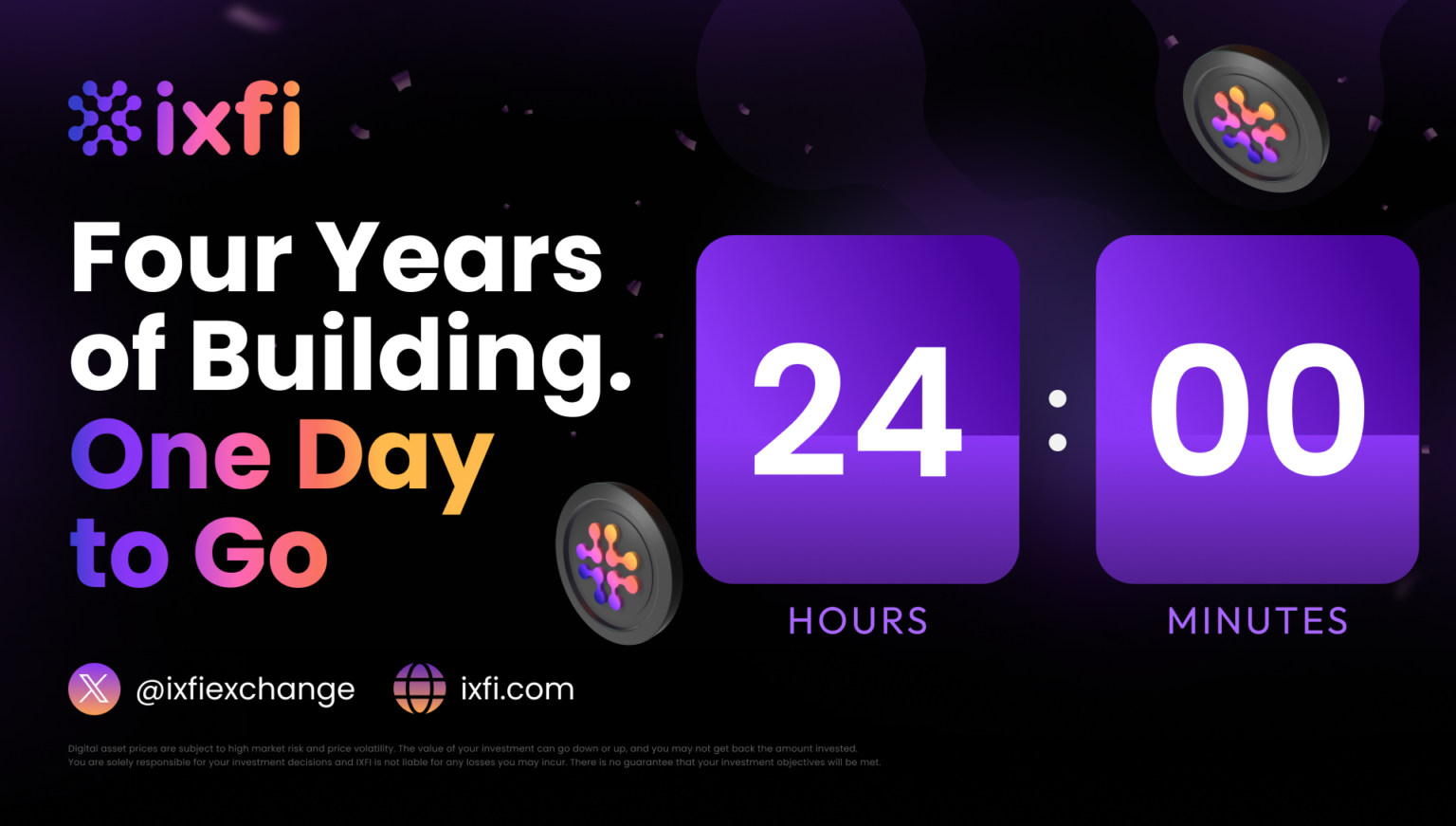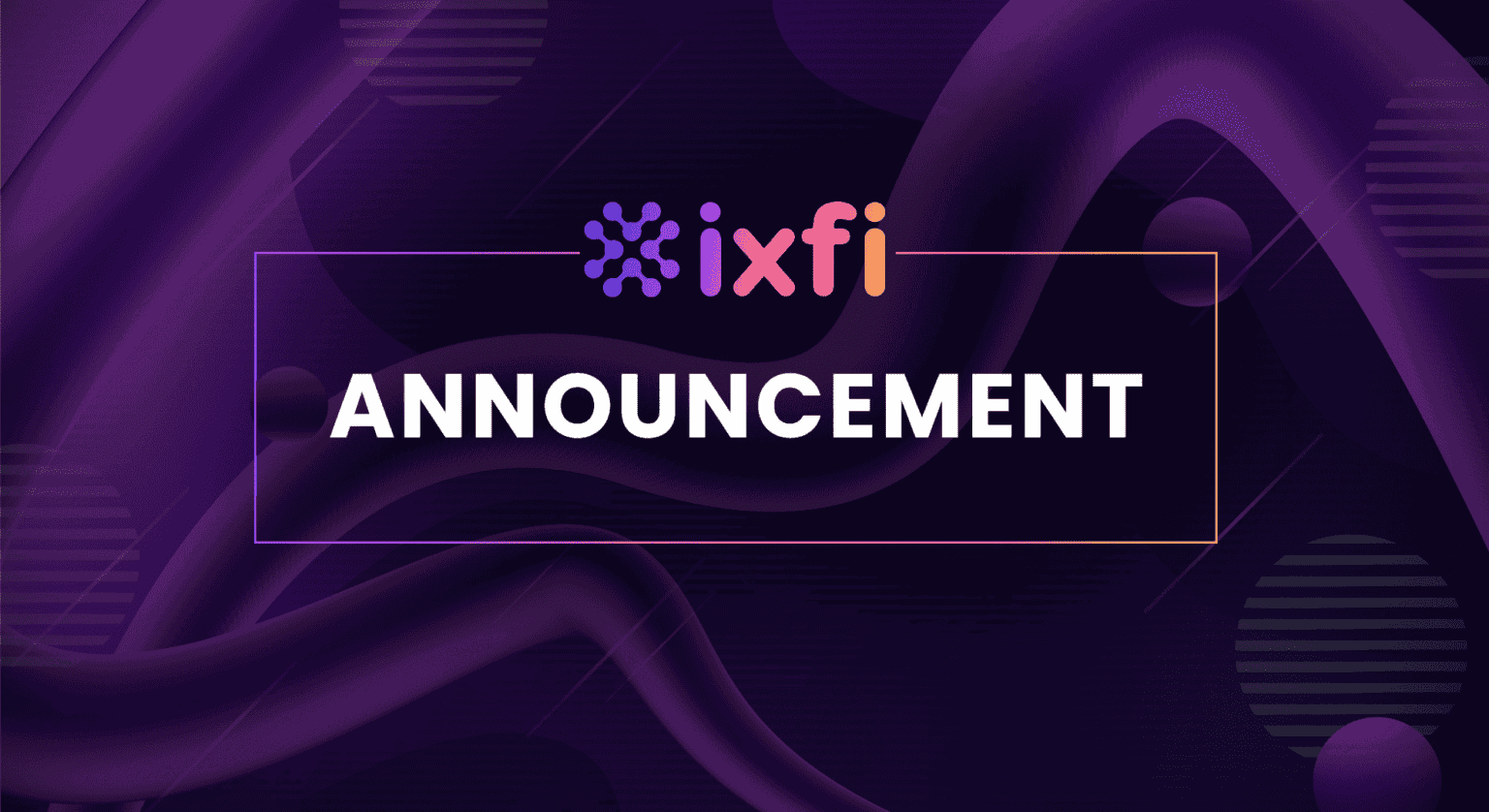If you own a business, you have probably found yourself in a situation where you served many customers and engaged in multiple business activities but ended up with a small profit margin.
While most entrepreneurs may consider this “normal” since various factors can influence your company’s profitability, what if there was a way to make success more affordable? Blockchain technology is going mainstream and revolutionizing how businesses are conducted.
When Satoshi Nakamoto published the Bitcoin innovation in 2009, it was criticized, and people associated it with nefarious black market activities. These negative associations made it a very controversial currency, and apart from crypto enthusiasts, the general public was afraid of embracing it. However, investors all over the world have begun to see the endless possibilities that Blockchain innovations present.
Digital currencies have become alternatives to traditional money, providing alternative transaction methods and decentralized banking. In simple terms, a blockchain is a distributed ledger that keeps records of the continuously-growing transactions across every network spread over thousands of computers. This decentralization changes how traditional banks work and reduces the chances of being hacked.
As Blockchain technology advances, it will change the world and how businesses are run.
Let us look at the various ways you can optimize Blockchain technologies to improve your business’s current and future performance.
1. Make Use of Smart Contracts
Although the term “smart contract” has existed since the 1990s, the Ethereum project in 2013 increased its popularity. A smart contract in an Ethereum Blockchain is a program in which the ETH currency is automatically transferred when certain conditions are met.
Blockchain has a built-in Turing-complete programming language that allows investors to write smart contracts and use the decentralized applications to create their own transaction formats, ownership rules, and transition functions. The smart contracts are automatically executed once the terms and conditions are met by both contracting parties.
Investors typically use smart contracts to automate the execution of business agreements to ensure that all the involved parties are confident of the outcome. They eliminate intermediary involvement and time wastage, thus increasing business efficiency. In addition, you can use them to automate workflow since they will trigger the pending transaction once the conditions are fulfilled.
2. Level Up Your Supply Chain Management
With globalization, manufacturers increasingly face supply chain management problems as it becomes more complex and opaque. For example, a single iPhone is manufactured by various key players in Apple’s supply chain — the accelerometer in Germany, the battery in China, the glass screen in the U.S., and the LCD screen in Japan. Managing such a supply chain can be hectic and create opportunities for unethical and illegal practices. High complexity can also challenge the company’s capability to maintain a record of products and locate them if they get lost. Blockchain technology resolves these problems by providing easy access to supplier records, government agencies and insurers, as well as prior verifications completed by trusted parties.
Since Blockchain is basically a decentralized ledger, it can be used to track transactions and the movement of goods to facilitate secure payments and agreements.
3. Detect and Prevent Fraud
Fraud is costly, can create an unstable business environment, affect business performance and profitability, undermine business-consumer relationships, and reduce employees’ morale — thus it cannot be ignored. Fraud is a major contributor to loss of revenue, which can go undetected and uncovered for a long time.
Blockchain technology’s advanced security features can be optimized to eliminate fraud. For instance, it creates a record of transactions that cannot be altered or manipulated with end-to-end encryption, which shuts out fraud and unauthorized activities. Besides, the data is recorded across a network of computers, making it impossible to hack.
Additionally, the visibility in Blockchain enhances traceability, making it possible for investors to detect fraud on time. All participants in a blockchain have access to transactions and the data shared in real-time.
4. Build Trust with Your Customers
The problem of trust is everywhere. It could be between trading companies or in company-customer relationships. One major cause of distrust is a lack of transparency. Blockchain resolves this problem and rebuilds trust by increasing access to and availability of data to all transacting parties.
Blockchain technology can be simply defined as a digital book laid open and shared with many people through a network of computers. Each transaction is linked in chronological order as a chain of blocks, with each block containing data of each completed transaction. Every transaction is timestamped, immutable, and practically irreversible. Blockchain is a cryptographically protected database for recording, processing, and transferring anything of value. This secure information sharing and recording increases transparency and builds trust.
If you’re an entrepreneur, or if you’re planning on being one, you may recognize that there are many benefits brought on by integrating Blockchain technology into your daily business activities. This decentralized technology is the future of digital commerce and it will be more widespread in time.
Your Friendly Crypto Exchange is here to make your life easier by providing the much-needed financial wisdom that anyone can benefit from and by offering you a secure, user-friendly and fast crypto exchange platform to aid you on your journey towards financial independence. Register on IXFI and seize the opportunities the Blockchain brings to us all.
Disclaimer: The content of this article is not investment advice and does not constitute an offer or solicitation to offer or recommendation of any investment product. It is for general purposes only and does not take into account your individual needs, investment objectives and specific financial and fiscal circumstances.
Although the material contained in this article was prepared based on information from public and private sources that IXFI believes to be reliable, no representation, warranty or undertaking, stated or implied, is given as to the accuracy of the information contained herein, and IXFI expressly disclaims any liability for the accuracy and completeness of the information contained in this article.
Investment involves risk; any ideas or strategies discussed herein should therefore not be undertaken by any individual without prior consultation with a financial professional for the purpose of assessing whether the ideas or strategies that are discussed are suitable to you based on your own personal financial and fiscal objectives, needs and risk tolerance. IXFI expressly disclaims any liability or loss incurred by any person who acts on the information, ideas or strategies discussed herein.



